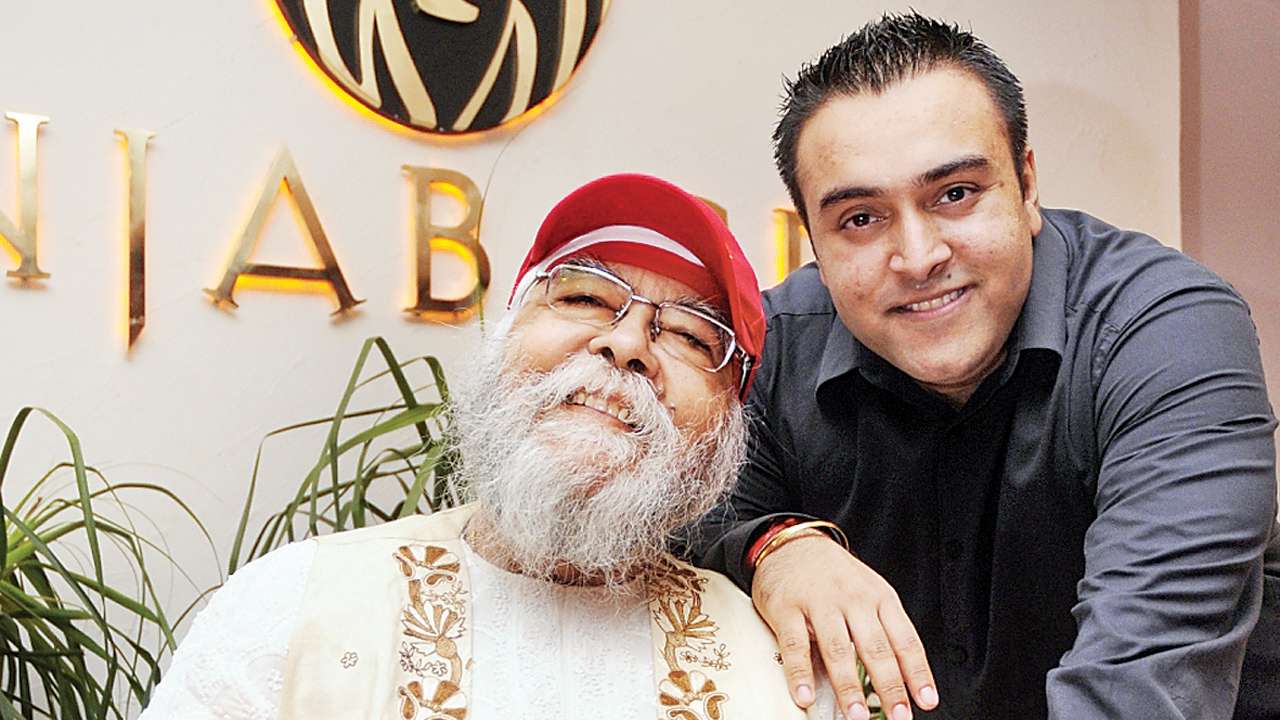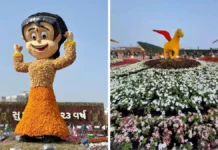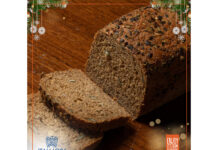VISHNU MAKHIJANI
NEW DELHI: Back in the early 1970s, when J. Inder Singh Kalra began writing “Platter Chatter” on food for a leading daily, there were many who sniggered. But Jiggs Kalra was way ahead of his time and doggedly pushed his way through to earn monikers aplenty and show the path ahead to more than a generation of food writers – and, indeed, raise the art of gastronomy to new heights.
Along the way, in a career spanning five decades, he strove to revive lost cuisines as well as cooking styles and re-introduced age old delicacies such as the galouti and other kebabs served in India’s royal kitchens; and established some of the country’s most highly-acclaimed and best performing restaurants – one of the most notable being Masala Library that is run by his son Zorawar Singh, apart from Punjab Grill and Made in Punjab.
Ever one to be modest, he said of his culinary journey in a magazine interview some years ago: “I come from a typical Punjabi family; my father was from the Indian armed forces and a stickler for discipline. He expected me to follow in his footsteps but I had other plans. Reading and writing were a passion from a very young age. My exposure to the kitchen happened, thanks to my grandmother. Her mutton beliram still remains my favorite. My mother is one of the finest cooks I’ve ever known. I consider them my mentors.”
And some mentors they proved to be – along with Khushwant Singh, the then editor of The Times of India in Bombay who was quite taken in by Kalra’s constant griping: who’s going to tell me about the best places to eat in this city?
The answers came with a vengeance and stretched way beyond Bombay to span the entire country as Kalra honed his skills on the job, as it were, his meticulous research translating into 11 books on Indian cuisine, including Prashad that many a chef till today consider his bible.
“Prashad has now gone into its 44th reprint. It’s the one book a mother-in-law gives to her daughter-in-law and to her daughter. My younger son Ajeet’s wife cooks everything out of that book,” Kalra had been quoted as saying.
Then came Daawat – India’s first television reality show – and that too in the Doordarshan era.
Pushpesh Pant, a no mean foodie himself who was associated with the show and later penned a coffee table book on it, said: “The proof of the pudding, they say, is in the eating, and another adage cautions that too many cooks spoil the broth. Accepting the challenge meant defying conventional wisdom. We, in turn, began by inviting dozens of chefs – young and old – accomplished masters and promising talent, men and women from the four corners of our vast and varied land – to showcase the fabulous culinary heritage of India.”
Jiggs, “never the one to be happy unless the labour undertaken is prodigious, suggested – and his suggestions have the tendency to end up as dictates – we give the viewers something new in addition to what was expected. Why not research the ayurvedic basis of Indian cuisine and incorporate interesting useful information about the ingredients being used? What started as a lark has now become an obsessive quest for both of us but that is a different story”, Pant added.
This, more than anything else, explains the mark of a man who, along the way, suffered a heart attack but bounced back after a bypass surgery in the US.
Recalls senior Mumbai journalist Mark Manuel of Kalra’s post-operative days: “I told Jiggs that the only other person I knew about who popped over 60 pills a day was Sylvester Stallone. ‘I should open a company with him, maybe a chemist shop, naam se chelega’, he joked.”
Since the time he had returned from the hospital after recovering from his stroke, he had done two books, helped to open three restaurants, held nine food festivals from Delhi to Kolkata, become the brand ambassador for Basmati rice, travelled overseas with Prime Minister Atal Bihari Vajpayee to Malaysia and organized his meals, planned the banquet at Agra’s Jaypee Palace Hotel for President Pervez Musharraf, and was back on Jet Airways as the food caterer.
“All this for a man who is only half a man,” Jiggs chortled. “People tell me I have achieved more from the bed than if I had been walking around. I don’t agree,” Manuel recalled.
This also explains Kalra’s major role in the culinary success of major chains like the Oberoi Group, ITC Hotels and the Park Group as also some international properties.
Honors came his way aplenty, including induction into the International Food & Beverage Gourmet Hall of Fame (the first Asian to be so elevated), besides numerous awards and accolades, both national and international.
There are those who rise above any honors bestowed on them. Kalra was certainly one of them. May his soul rest in peace. IANS







